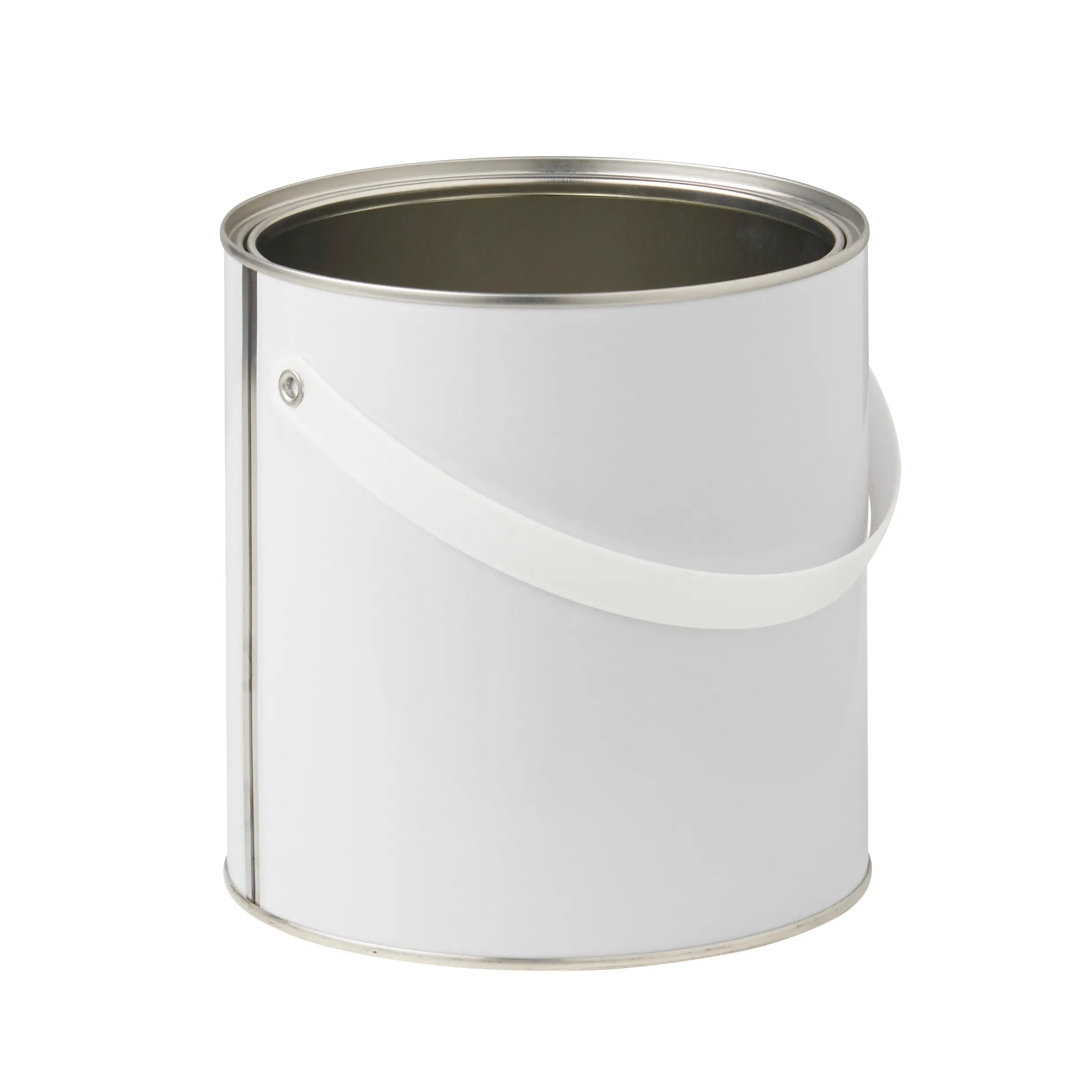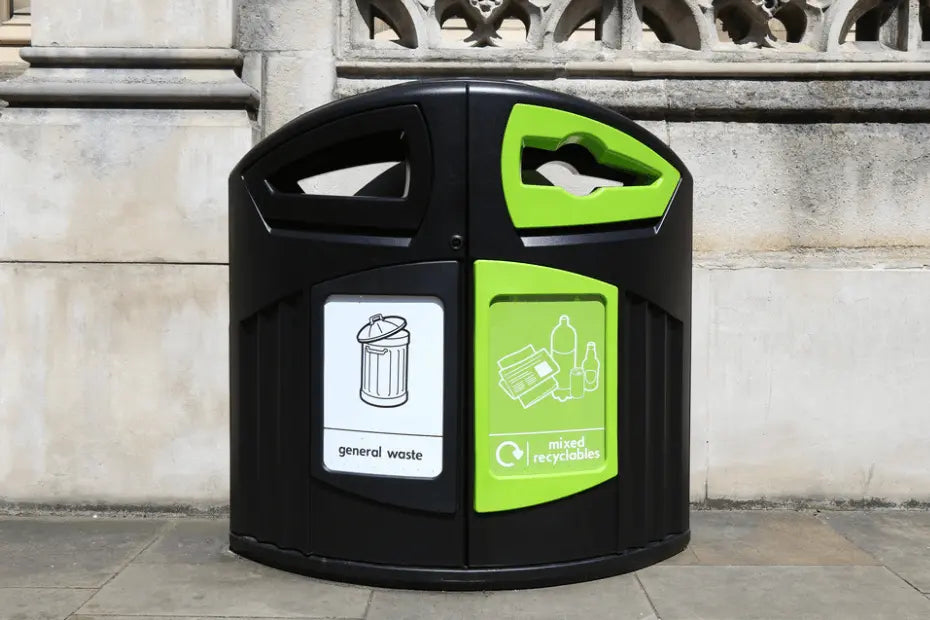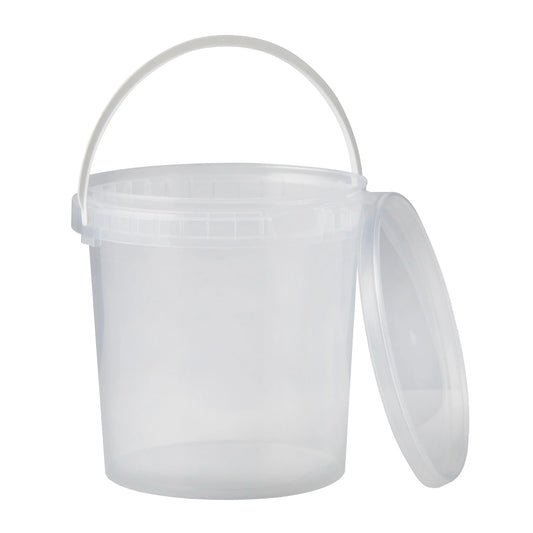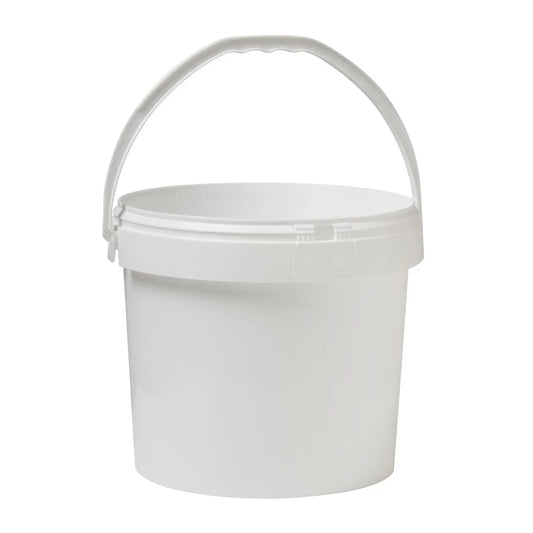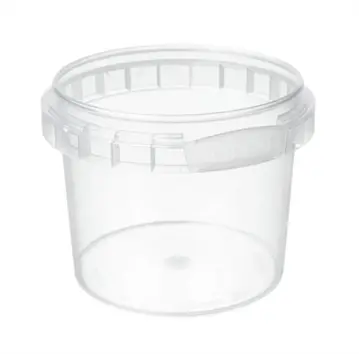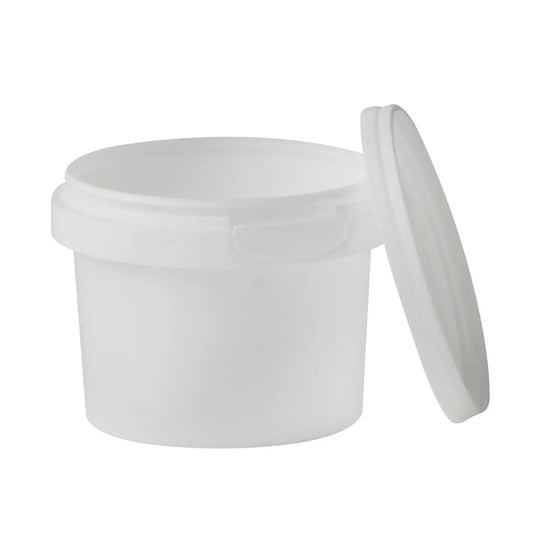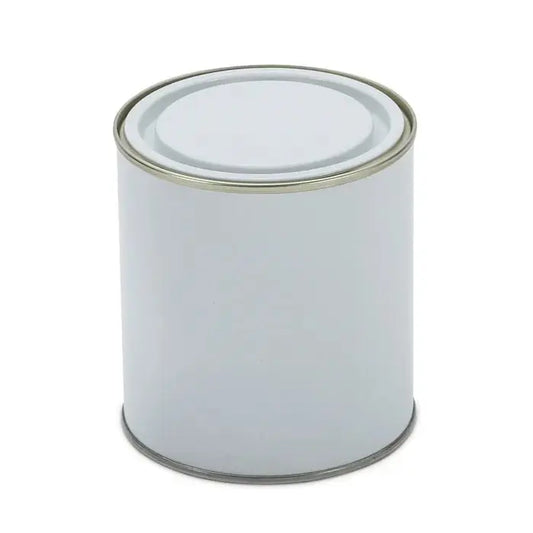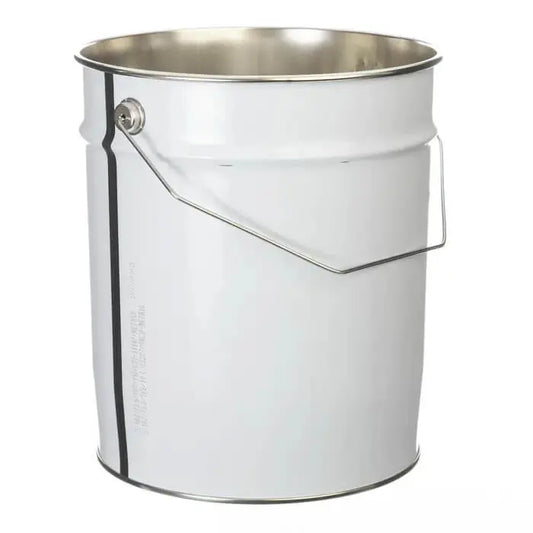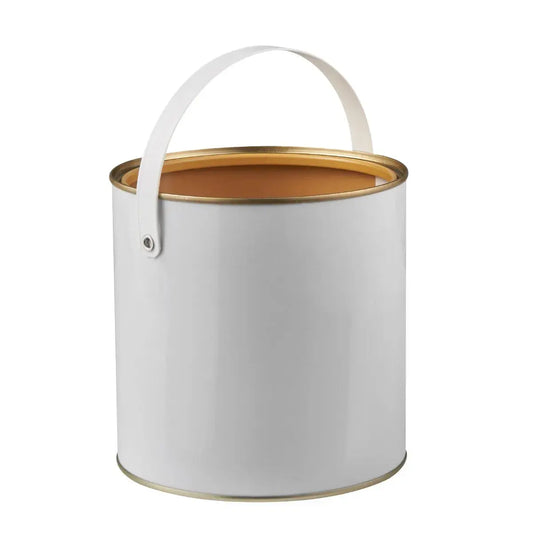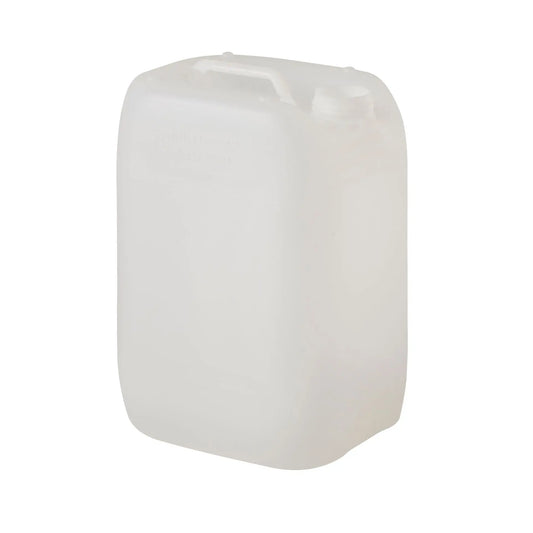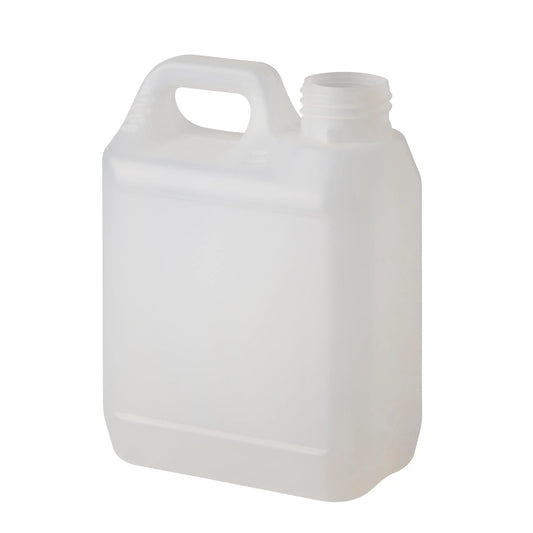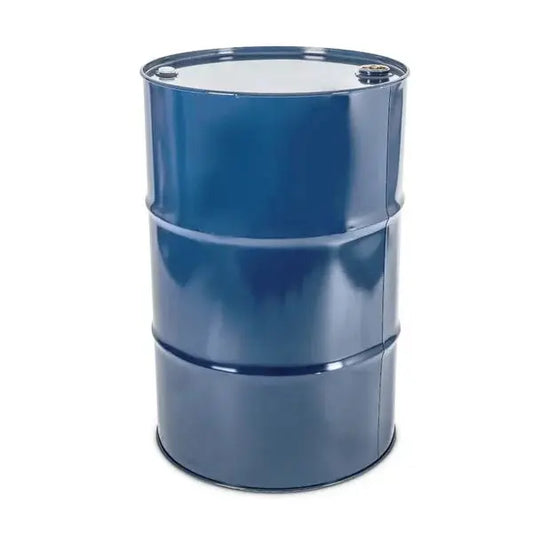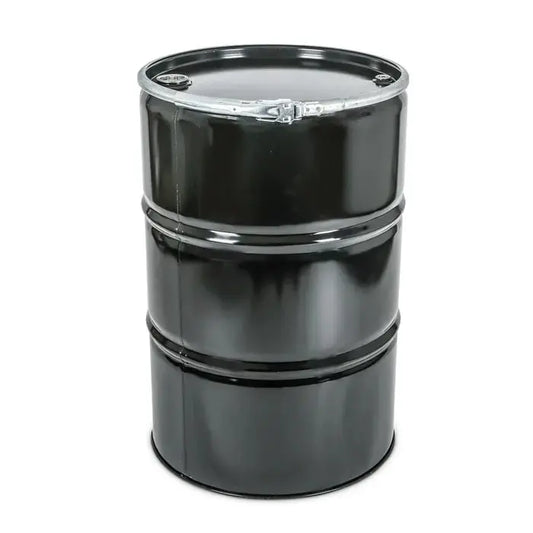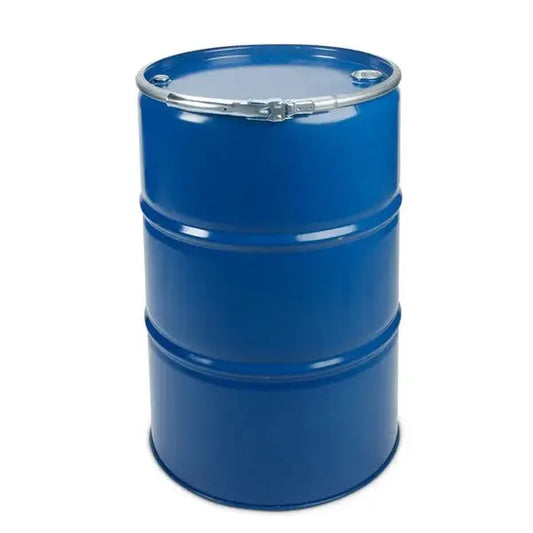Recent research shows that simple is best when it comes to recycling. Packaging made from a single material such as drinks cans, glass bottles and cardboard boxes are some of the most recycled items in the UK, with 81% of aluminium beverage cans and 69.8% of glass now being recycled according to Environment Agency data.
81% of aluminium drinks cans are recycled in the UK
Multi-layered packaging is named the least sustainable
This is in stark contrast to multi-layered packaging (MLP) which has a recycling rate estimated to be as low as 15%. Technically brilliant but over-engineered packaging with separate layers of foil, waxed paper and film is time-consuming and confusing to recycle, and confusion is one of the biggest blockers to recycling.
When people are unsure, they miss opportunities to recycle or recycle the wrong thing. According to the latest WRAP survey 53% of consumers do not recycle items they could and 82% recycle items incorrectly.
Multi-layer packaging, such as these plasticised foil pouches can often not be recycled
This consumer dilemma is partly a result of the packaging itself. Multi-layer packaging (MLP) creates recycling indecision. “Is it recyclable because it contains card or not recyclable because it contains plastic?” There may also be conflicting recycling icons and complicated instructions on the packaging. If in doubt people don’t. Even if the layers can be separated, and consumers understand how to do it, it takes longer, and people resist recycling when it is inconvenient or difficult.
EPR targets hard-to-recycle packaging
There is another pressing reason why companies are switching away from MLP. Extended Producer Responsibility (EPR) taxation is on the horizon. The details of this tax have yet to be finalised but the government has made its intentions clear on the type of packaging that EPR will target.
The Government has recently stated that “From year 2 of EPR (2026 to 2027), fees will be modulated to ensure packaging materials that are less recyclable incur higher fees.” Choosing mono-packaging, made from a single material, whether that be card, plastic or metal, is likely to minimise the cost of EPR.
The benefits of simple packaging
Simple, single-material packaging has a much higher recycling rate because it is easy. Common examples of mono-material packaging include jerry cans, paint tins and plastic tubs. It is common knowledge that glass, metal, cardboard and paper are recyclable so people recycle them without too much thought.
More public bins now offer recycling as an option
As well as being recycled more often mono-material packaging also recycles better. Simple packaging does not require complex separation processes which minimises contamination and produces higher quality recyclables.
Single-material packaging offers more opportunities to develop a closed-loop, sustainable economy. HDPE milk bottles have one of the highest recycling rates, not just for plastic but for any material, at 79% and new bottles contain at least 40% recycled plastic according to WRAP.
There are also other benefits to simple packaging. Recycling infrastructure can be simpler too. There is no need to separate different materials, it can be processed more efficiently, making it cheaper to recycle.
Simple packaging, made from a single material, is easier to recycle, cheaper to recycle, taxed at a lower rate and makes better recyclate so it is more sustainable. Perhaps, like so much in life, when it comes to packaging, simple is best.

Metal tins being made at Invopak's factory
Single-material packaging from Invopak
We sell and manufacture mono-material packaging that can be easily recycled.
Our plastic products are made from either polypropylene (PP), including our plastic buckets and tubs, or HDPE including our plastic jerry cans, barrels and plastic bottles.
The metal packaging we offer includes steel drums as well as tinplate pails and aluminium bottles.
Made by Invopak rectangle tins and paint tins are made in our UK factory, which means not only are they infinitely recyclable, but they also travel fewer miles from the factory than imported products, making them a great sustainable option.
If you need any help or advice finding the best packaging option for your business, then please get in touch, our team are here to help.
